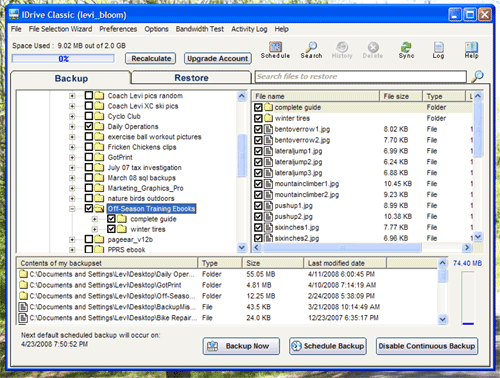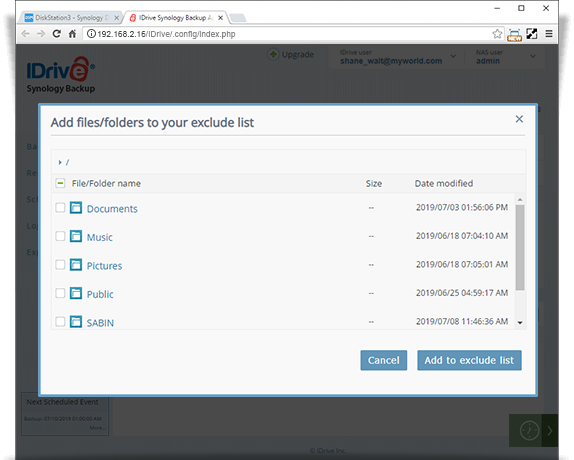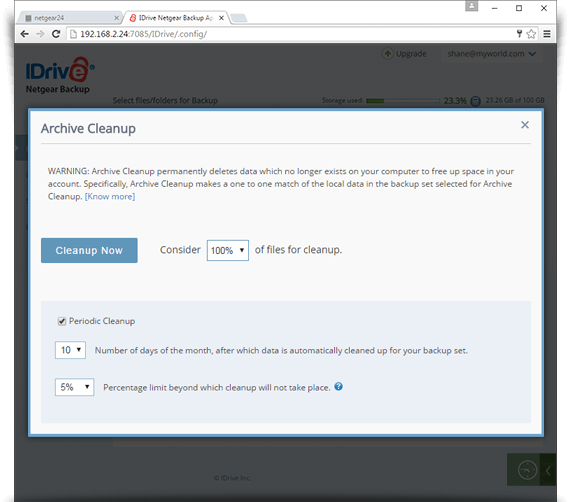

To get the drive to mount when the machine boots up, the entry needs to be made in /etc/fstab. man mount.cifs) and kernel log messages (dmesg) Refer to the mount.cifs(8) manual page (e.g. In the case of my NAS, vers needs to be 2.0 to work, any other output gives the bash output of: mount error(2): No such file or directory To back it up to the cloud, it needs to be mapped as a drive (and my previous cloud backup provider didn't allow mapped drives on Windows, so I needed a Linux solution).įortunately, Linux is designed for these types of things, and after installing cifs-utils (`apt install -y cifs-utils`) it was a simple case of mapping the samba share: mount //servername/share /folder/to/map/to -t cifs -o username=myuser,password=mypass,vers=samba-version It means I have a wonderful 4TB storage on it, and it's available on the network. My NAS drive is a Buffalo LinkStation, with Raided drives to mirror the contents, and provide a nice level of security if something bad happens. Once complete, just pop the MicroSD card into the Raspberry Pi, and go. It will create the image and verify it on the card.

With the imager running, tell it to create the Ubuntu 20.04 LTS server, select the card, and hit Write. I tried using the snap package, but that wouldn't run for me, hence the long winded approach. The Raspberry Pi imager tool is then available to run from the applications menu. Then you can run the dpkg command and all should be fine. Simply run the following in your terminal sudo apt install -y qml-module-qtquick-controls2 qml-module-qt-labs-settings qml-module-qtquick-layouts qml-module-qtquick-templates2 qml-module-qtquick-window2 qml-module-qtgraphicaleffects You need to install a load of QML modules it needs. However, the package wouldn't install first time on Ubuntu 20.04 LTS when running sudo dpkg -i imager_b The Raspberry Pi foundation provides a tool for creating bootable SD cards, which will do the hard work for you.

Great, I thought, I can run Ubuntu on my Pi and go from there. My initial cloud backup provider didn't provide an application for ARM processors, which I stupidly didn't factor in to the purchase, so I found a one which has support for Linux, specifically mentioning Ubuntu. I've also had issues getting the backups up to the cloud for a while, but I figured my problems were solved when the Raspberry Pi Foundation released the 8GB Raspberry Pi. I've previously written about my backups, the server they were running from, and the NAS drive problems i have had.


 0 kommentar(er)
0 kommentar(er)
